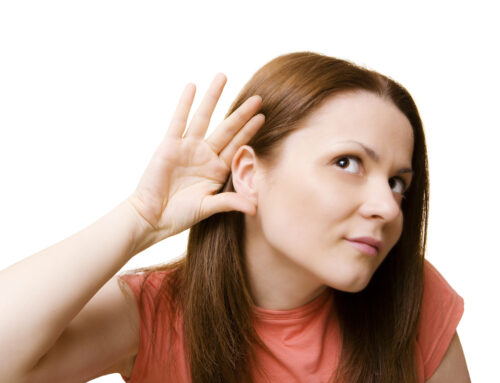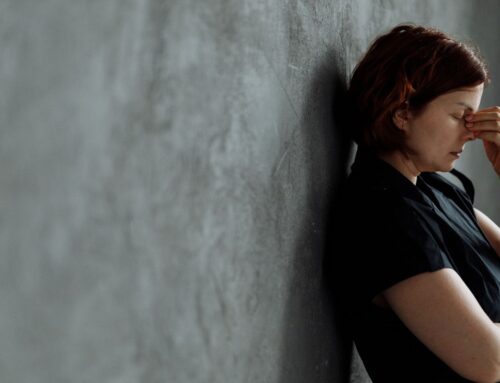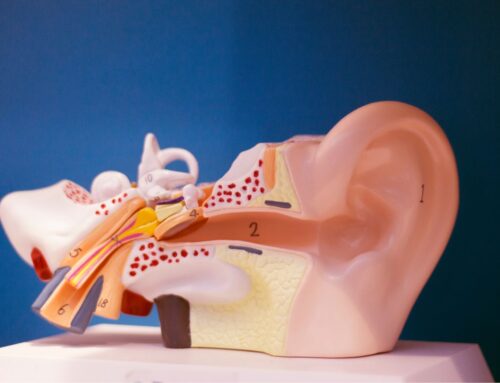Let’s face it. We’re all unique in our own special way, aren’t we?
Yet the one thing we share is our ability to fill a busy day with everyday tasks and routines, often without thinking much about it. At times, it’s like an overdrive kicks in. I know that’s true for me.
That also means most of us rely on our balance — without much thought.
Unless you’re my dizzy patient.
Balance is something they don’t take for granted, and neither do I. So today I’m going to walk you through the ‘elements’ of balance, and why you might think and approach it differently now.
Balance keeps us upright, and helps maintain our posture. It keeps us from tipping over! Perhaps most important, good balance prevents us from falling down.
The balance system of our body involves guardians of sorts –they provide the input we receive from our inner ears, our eyes, and our proprioceptive system.
Now let’s take a closer look at what I call the ‘elements’ of balance. Together, these components send signals to the brain for proper coordination and maintenance of balance.
They are found in our:
- Vestibular system
- Visual system
- Sensorimotor system
The first essential element to balance involves your vestibular system. The vestibular system includes your inner ear, and specific portions of your brain. It works to help you feel and perceive the sensations of movement and gravity. It also works hard to ensure your reflexes are assisted through the body movements and adjustments you make. If the fluid in your inner ear semicircular canals becomes compromised, and the fluid doesn’t move properly, there’s trouble ahead (likely a fall).
So when there’s injury, damage or disease to your vestibular system, it can affect balance. Dizziness and unsteadiness are most common. You may have heard the words BPPV (Benign paroxysmal positional vertigo); Meniere’s Disease; Labrynthitis. These are some of the vestibular disorders found in those with compromised vestibular systems.
The second element of balance involves your visual system. Think how you feel when you open your eyes in a dark room. Do you feel the need to reach and hold onto something? Do you feel more stable when the lights are turned on? Your visual cortex is a primary balance input. So light or dark, your brain automatically adjusts to the space, and provides you the ability to stand stable.
The third element of balance involves your sensorimotor system: Try sitting in a chair and placing your feet on the floor in front of you. Now push your feet down onto the floor surface. You should feel the floor beneath your feet. Some may feel it firmly, while others may feel like they’re standing on a pillow. And this becomes even more crucial when standing, and walking. Impaired foot sensation can cause a loss of balance because there’s an inability to feel the floor accurately.
As a doctor of audiology and vestibular physiologist, I see and hear firsthand about the reduced, compromised or lost function among my patients. Sometimes these challenges appear suddenly. They may appear intermittently without warning, or they can be constant. Often there are multiple symptoms (I’ll share more about those in an upcoming blog). Some are unusual and some, more common. But they all create difficulties for my patients.
Now that you can see balance is ‘element’-ary, can we agree on a common goal?
To maintain an upright position and orientation to your surroundings.
Because when balance is affected, that’s when we begin to experience difficulty walking, and may even have challenges standing up or sitting down. And sadly, that often leads to falls.
As a Doctor of Audiology, I’m proud to spend my day with our team of highly-trained specialists who share my passion for balance, and helping patients to recovery. We integrate all 3 balance systems into our diagnostic approach and treatment, using our proprietary Advanced Vestibular Treatment™ (AVT) program.
So how can you avoid or overcome a balance deficit?
- Create a safe environment for yourself. Research safety tips, and be sure to address and fix areas of concern, such as lighting, area rugs and tripping hazards.
- Maintain a healthy lifestyle.
- Build lower body strength to avoid falls.
- Come visit me, and our highly specialized doctors of audiology to maintain ear health and to identify/address balance deficits. You can also learn more at www.dizziland.com






Leave A Comment